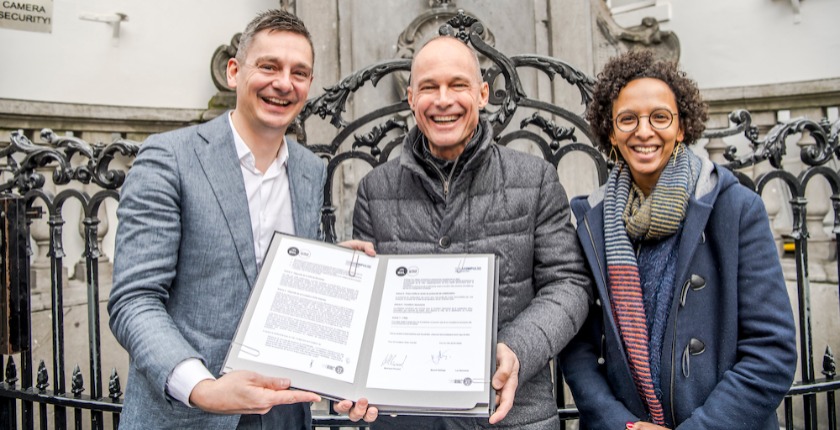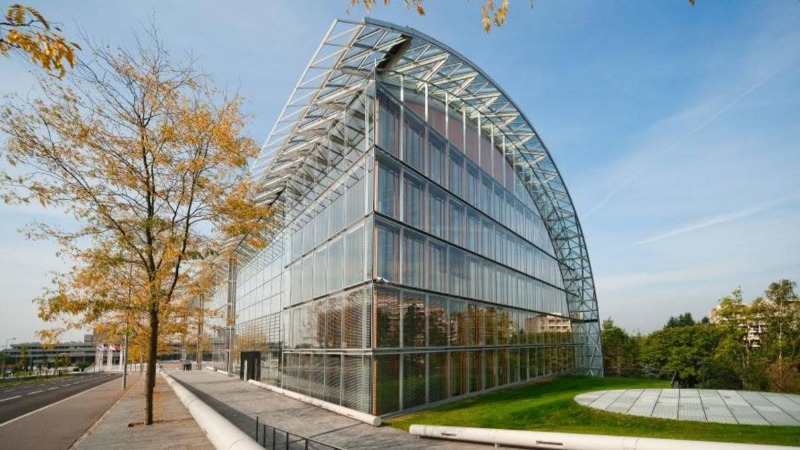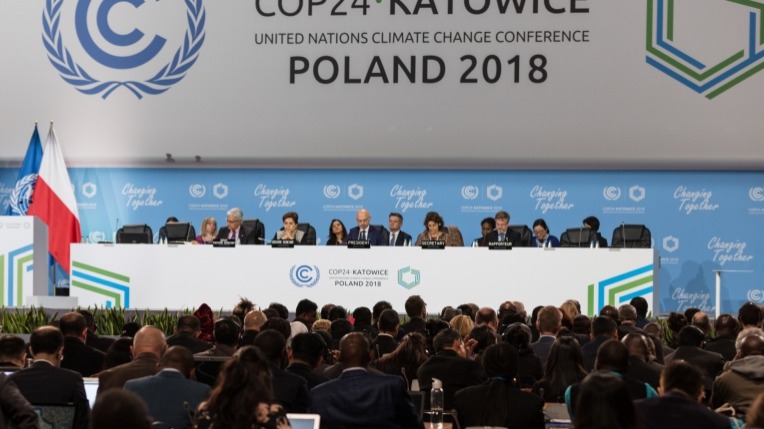News - February 19, 2020
The Solar Impulse Foundation and the City of Brussels united for the ecological transition!


Written by Tristan Lebleu 3 min read
This partnership is a big step for the Solar Impulse Foundation, as cities have a major role to play in the race to decarbonise our economies.
On Wednesday, February 19th, the Manneken-Pis, the famous Brussels statue, witnessed the signature of a landmark collaboration agreement uniting the City of Brussels and the Solar Impulse Foundation. The partnership was signed by Benoit Hellings, the First Alderman and Alderman of Climate for the City of Brussels, and Bertrand Piccard, Founder of the Solar Impulse Foundation.
The Solar Impulse Foundation’s main goal will be to support the City of Brussels in identifying innovative solutions to achieve its environmental targets. These solutions will respond to major climate challenges such as decarbonizing the construction sector, building sustainable infrastructure, reducing energy consumption, promoting clean transportation, etc.
The collaboration is already off to a flying start as the City has consulted the Foundation concerning the replacement of the refrigerated trucks of the Brussels Kitchens which deliver between 12,000 and 15,000 meals daily. These are all diesel vehicles that needed to be replaced and the City was looking for more sustainable alternatives. The Foundation identified companies developing vehicles running on electricity and compressed natural gas.
“We have imposed a new guideline where the environmental criterion must certainly be followed during public procurement. But these buyers are not always aware of everything on the market. This is where the Foundation comes in” explained Benoit Hellings, the First Alderman and Alderman of Climate of the City of Brussels, in an interview with La Libre.
"The ecological transition can only take place by sharing our knowledge, technology and experience. This is what the alliance with the Solar Impulse Foundation offers. We have already experimented in the City of Brussels with water leak trackers. These have been installed in various infrastructure systems in Brussels, and have enabled us to make the Manneken-Pis even greener. Today, this technology bears a Solar Impulse certification. In the future, other innovations will be proposed by Brussels to the Foundation and by the Foundation to Brussels. This collaboration is just one of the ways in which we will respond to the climate emergency", says Benoit Hellings.
The collaboration also aims at embarking more sustainable and innovative solutions from Brussels in the Solar Impulse Efficient Solution Label and the #1000solutions portfolio. Companies and start-ups awarded with the Label will then benefit from increased visibility and business opportunities around the world. The collaboration has already started as the municipality of Brussels has suggested a solution into the portfolio: Shayp, a Belgian company which uses artificial intelligence and patented IoT technology to detect water leaks and has been installed to reduce water usage on the Manneken-Pis fountain.
"This partnership between the City of Brussels and the Solar Impulse Foundation is a key stage in our mission to accelerate the large-scale development and implantation of clean, efficient and profitable solutions – because cities have a major role to play in the ecological transition. In this way, the City of Brussels demonstrates its understanding of the economic potential of existing solutions that enable us to work against climatic change", concluded Bertrand Piccard, aeronaut and President of the Solar Impulse Foundation.
"This collaboration between the City of Brussels and Solar Impulse is only a beginning. Naturally it is essential to create a solid exchange of experiences between the Foundation and the other municipalities and the Region that I represent. In the City of Brussels and in the Brussels-Capital Region, there are a range of companies actively taking part in the fight against climatic imbalance, and these companies can share their knowledge with Solar Impulse and in return benefit from the Foundation's network. It is only by uniting our ideas and technologies that we will have an effective impact on the vital climate issue", concluded Barbara Trachte, Secretary of State for Economic Transition and Scientific Research for the Brussels Region.
Cities have a great role to play in the fight against climate change as they represent more than half of the world’s population and approximately 70% of global carbon emissions. Examples are flourishing around the world of cities stepping up their climate ambition: Copenhagen wants to become the world's first carbon neutral city by 2025, New York City is one of 46 major cities to aim at an 80% emissions cut over the next 30 years, Paris will ban diesel vehicles by 2024, and Geneva has banned plastic single use since January 1st.

Written by Tristan Lebleu on February 19, 2020


